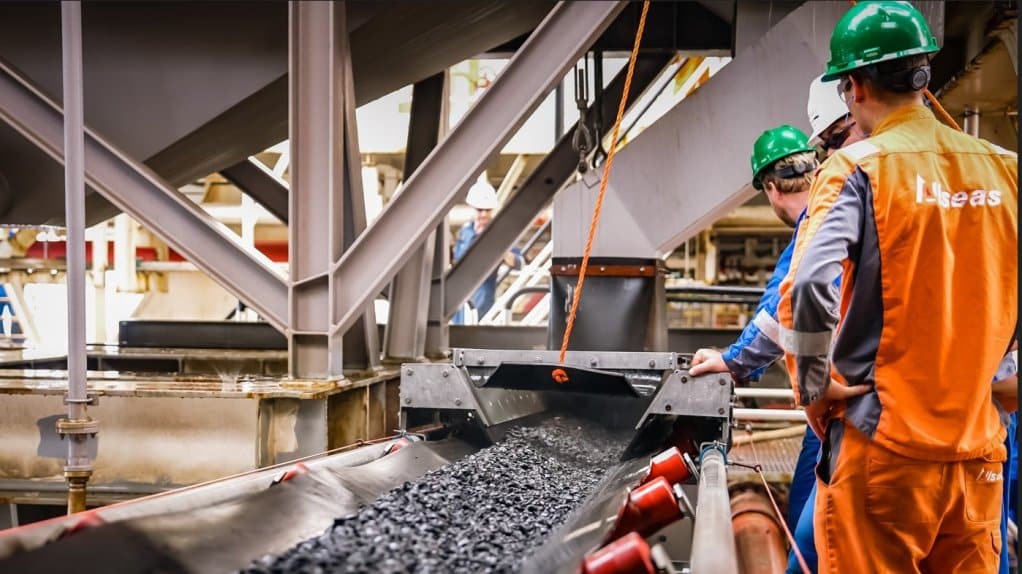United Nations-affiliated organisation with jurisdiction over the global seabed took a tentative step Monday to respond to US President Donald Trump’s fast-tracking of deep-sea mining for critical minerals in international waters.
The International Seabed Authority’s policymaking body requested the organization’s secretary-general to obtain information from ISA-licensed seabed mining companies at risk of violating their contracts under a UN treaty that prohibits unilateral mining. That was an oblique reference to seabed miner The Metals Company (TMC), which has applied for US authorisation to extract electric-vehicle battery metals in an area of the Pacific Ocean it licences from the ISA.
Canadian-registered TMC’s US subsidiary applied for a US licence in April within days of Trump signing an executive order to expedite the licensing of seabed mining. TMC wants to extract avocado-sized rocks called polymetallic nodules that are rich in metals and cover the Pacific Ocean floor by the billions.
While Friday’s action could potentially affect the future of TMC’s two ISA contracts, one of which is up for renewal in 2026, it wouldn’t necessarily have direct bearing on any US license the company might receive. The US plans to issue the world’s first seabed mining license in international waters under a little-used 1980 federal law.
TMC could not be immediately reached for comment.
Louisa Casson, a Greenpeace deep sea mining campaigner, said the move sends a message to other ISA-licensed seabed mining companies tempted to follow TMC’s strategy. “The international community is taking action to show that rogue actors will face consequences,” she said in Kingston.
Despite the US challenge to the ISA’s 169 member nations (plus the European Union), there was little to no mention of the US president’s action or TMC during the ISA Council’s two-week meeting. “It’s more than an elephant. It’s a blue whale” in the room, French ambassador Olivier Guyonvarch told delegates last Monday.
Observers expect delegates to make more explicit statements about US unilateral mining this week during an assembly of all ISA member states.
The Council, which has 36 member nations, had convened this month to continue decade-long negotiations to draft complex regulations that would allow seabed mining to begin while minimising harm to deep sea species that inhabit polymetallic nodule ecosystems. Pro-mining nations like China, Russia, Japan and Korea have pressed for the enactment of regulations while 37 other countries are calling for a moratorium on seabed mining until its environmental impacts are better understood
In January, TMC and other ISA-licensed seabed mining companies sent a letter to the Council decrying “the protracted delay” in adopting regulations.
The regulations aren’t likely to be finished for at least another year, if then. As the Council meeting concluded Monday morning, delegates still hadn’t agreed on a number of contentions issues, including a royalty system for deep sea mining and environmental standards.



